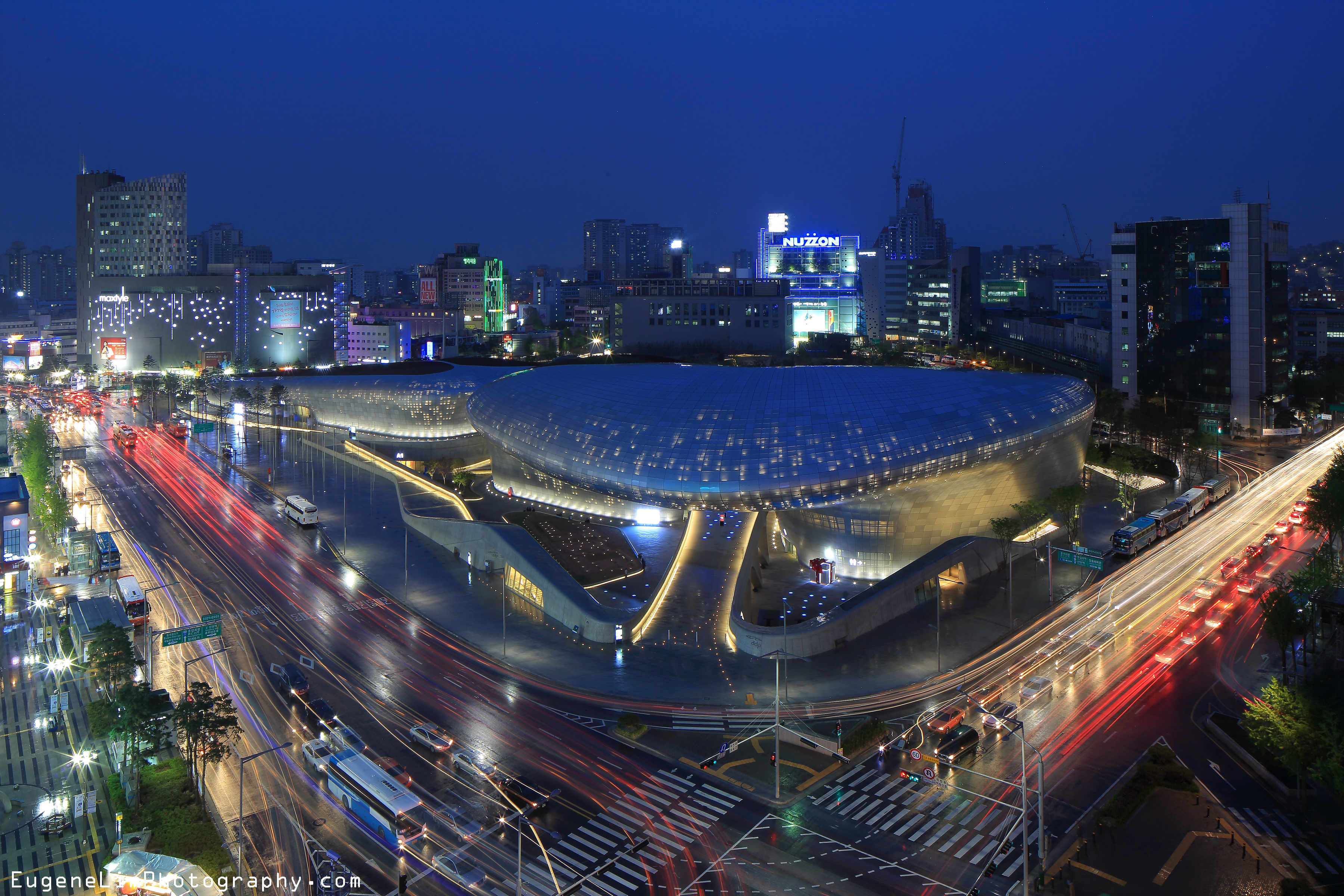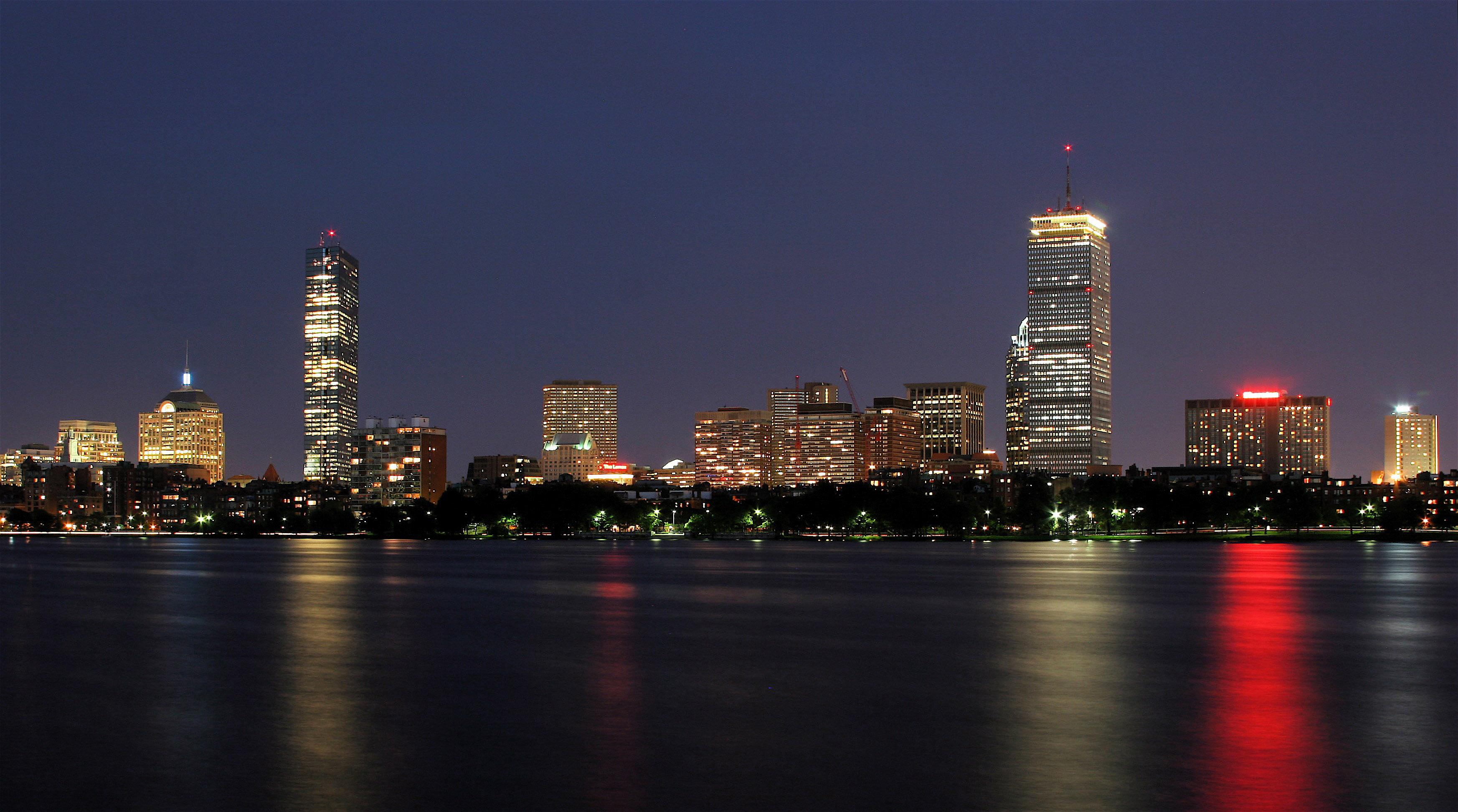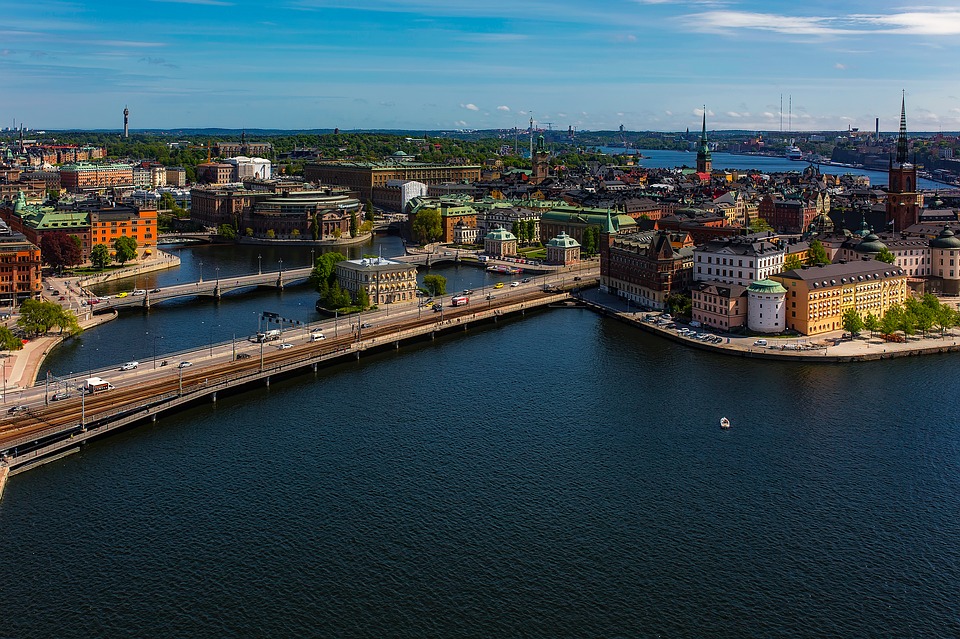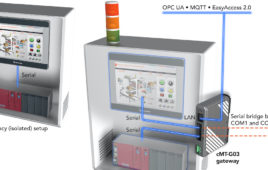Having been around for years, smart technology is undoubtedly affecting people’s lives and several work industries. While it’s clear smart technology will have a resounding influence in shaping our future communities, many cities are in different stages of innovation than others. This begs the question: Where are the “smartest” cities in the world?
In finding this answer, I compiled about a dozen articles and blogs published between 2012-2017, featuring their own respective lists of the world’s smartest cities. One recurring trend I quickly noticed was how different each list was from each other. The sources I used collectively featured over 30 different cities across the world, and three main factors played into the selections below.
I tallied how often each city was mentioned, and where they ranked on each list. Lastly, the degree of innovation in each city was a huge factor, which measured how communities utilized and benefited from smart technology.

(Image Credit: Wikimedia Commons)
10. Seoul, South Korea
Seoul has been immersed in smart technology for years, having been named the world’s first smart city back in 2014. The city’s “Smart Seoul 2015” campaign provided top-notch healthcare facilities for the disabled and elderly. This sect of residents was even provided with tablets and smartphones to assure they received timely medical attention. Along with playing host to the upcoming 5G network, Seoul is among the world’s leaders of utilizing smart technology in mobility and transportation.

(Image Credit: goodfreephotos.com)
9. Vienna, Austria
The Austrian capital is renowned for traffic management and smart building utilization. Vienna is reputed as one of the world’s greenest cities, and leaders in utilizing green energy (Lower Austria, the country’s largest state has run on 100 percent renewable energy since 2015). A Mercer Survey even ranked Vienna as the most livable city in the world back-to-back years (2013, 2014), and was the only city to finish top 10 in every Innovative Cities Index category. Vienna is projected to install over 300,000 solar panels by 2020, has the world’s largest biomass plant, and offers over 90 percent of its residents convenient public transportation access. Vienna also launched ambitious campaigns like Smart City Wien, Roadmap 2020, and Action Plan 2012-2015.

(Image Credit: goodfreephotos.com)
8. Boston, United States
The first of three US cities on this list is also one of the oldest in North America. Boston has been consistently ranked as one of the world’s top-five smart cities since 2015. Boston is among the best cities regarding governance, public management, and has been ranked No. 1 on human capital. One smart city index ranks Boston top 10 in education (has schools like Harvard, MIT, BC, and BU), business ecosystems, internet speed, and expert perception on how the city is becoming smarter.

(Image Credit: goodfreephotos.com)
7. Amsterdam, Netherlands
In 2016, Amsterdam was awarded “Europe’s Capital of Innovation Award,” which included a €950,000 prize that went towards Amsterdam’s smart city operations. Amsterdam has particularly thrived in urban planning, with practically every city resident having access to acceptable sanitary facilities. In terms of governance, Amsterdam ranks high in citizen participation and government digitization. Along with a seasoned startup community, Amsterdam also launched successful incubator programs like StartupDelta and Startup Amsterdam. The city’s efforts to stay innovative and utilize renewable energy include electric trucks that pick up garbage, along with solar panels powering bus stops, billboards, and lights. Thousands of businesses and households have been modified with energy efficient roofing insulation, automatically dimming light switches, smart meters, and ultra-low energy LED lights.

(Image Credit: Wikimedia Commons)
6. Tokyo, Japan
The world’s most populated city is also considered the most tech-savvy smart metropolis. In 2011, the city collaborated with companies like Panasonic, Tokyo Gas, and Accenture to develop a suburban “smart town” that produces zero carbon emissions, and was powered completely by renewables. Tokyo’s corporate collaborations have created homes with integrated solar panels, storage batteries, and energy efficient appliances connected to a smart grid. Tokyo’s rail system has taken on smart capabilities in recent years, which is essential in its handling of over 100 train lines and transporting upwards of 14 billion passengers per year. Tokyo ranks especially high in smart parking, WiFi hotspots, and has been made a “green island” by meeting a previously set goal of planting one million trees by 2015.

(Image Credit: Pixabay)
5. Stockholm, Sweden
A recipient for the Intelligent Community of the Year Award in 2009, Stockholm was named Europe’s Green Capital in 2010 by the European Commission. In addition, Stockholm was the first city to introduce 4G/LTE mobile services. Stockholm ranks high in citizen participation (city residents recycle almost 100 kg of waste per person), digitization of government, and internet speed. The city’s elaborate public transportation network consists of ferries, high-speed trains, up to 2000 city buses, 1000 local trains, and trolleys (most of which run on green energy). Most public transportation vehicles receive their fuel from two wastewater treatment plants producing biodiesel. The city provides tax relief for companies who install motion sensors that turn off lights when their buildings are unoccupied. Stockholm also has about 3000 clean tech companies aiming to make the city even greener.

(Image Credit: Pixabay)
4. Paris, France
Considering how Paris is one of the most popular and beloved tourist destinations in the world, this sets a high standard that the city meets. Paris ranks as one of the top cities in innovation, greenery, international outreach, and digitization of government. Paris is another big player in utilizing green and renewable energy, with a large portion of the city’s public transportation running on clean fuel. Citizens utilize public transportation on a regular basis, including a bike sharing program called Velib. The program’s success prompted the development of an equivalent program involving electric cars that could launch throughout Paris in the near future.

(Image Credit: Pixabay)
3. London, United Kingdom
In the smart tech community, London is revered for its smart transport system of buses, trains, and shared vehicles. The city’s congestion tax further influences citizens to utilize public transport in a nationwide effort to mitigate dependency on fossil fuels. London ranks among the best cities for international outreach, human capital, innovative economies, and WiFi hotspots. To convenience its citizens, the city partnered with O2 to launch Europe’s largest free WiFi network. London also features underground WiFi, smart parking services, oyster card systems, utilized innovative technology to facilitate smartphone usage, along with improving health of its citizens, and environmental services. London even has an institution called the Smart Cities Research Center, which studies initiatives to make the city more innovative and technologically efficient.

(Image Credit: Wikimedia Commons)
2. San Francisco, United States
Arguably the Pacific Coast’s most iconic city, San Francisco is among the leaders in smart parking, vehicle sharing services, internet speeds, and has been consistently ranked as one of the best cities to live. San Francisco also has one of the highest ranked business ecosystems, as indicated by the area’s large number of startup companies. Not only does the city’s grid currently run on 41 percent renewable energy, but San Francisco’s smart grid deployment sector has grown 130 percent in recent years. The city has over 100 public charging stations for electric vehicles, and increased its public transportation services. San Francisco even developed apps for visually impaired citizens to navigate public transportation, along with pedestrians and bikers for finding the most efficient travel routes.

(Image Credit: Wikimedia Commons)
1. New York City, United States
Declared the “smartest city” in 2017, New York’s innovative transformation dates as far as 2009 when the metropolis partnered with IBM to launch the IBM Business Analytics Solution Center. The institution addresses growing demands for complex capabilities necessary for building smart cities, helping clients optimize all manner of business process and decisions. New York is also collaborating with Cisco and City 24/7 to strategically place smart screens throughout the region for reporting news, events, and even offer coupons. This is part of a citywide plan to mitigate the digital divide and provide all its residents with internet access. The city is also developing smart hubs with NFC technology and WiFi capabilities. New York ranks among the top cities in car sharing services, education, innovative economies, internet speed, and WiFi hotspots. The city even holds an annual contest with thousands of dollars in cash prizes for apps that best utilize the city’s open data sets.
Filed Under: M2M (machine to machine)




